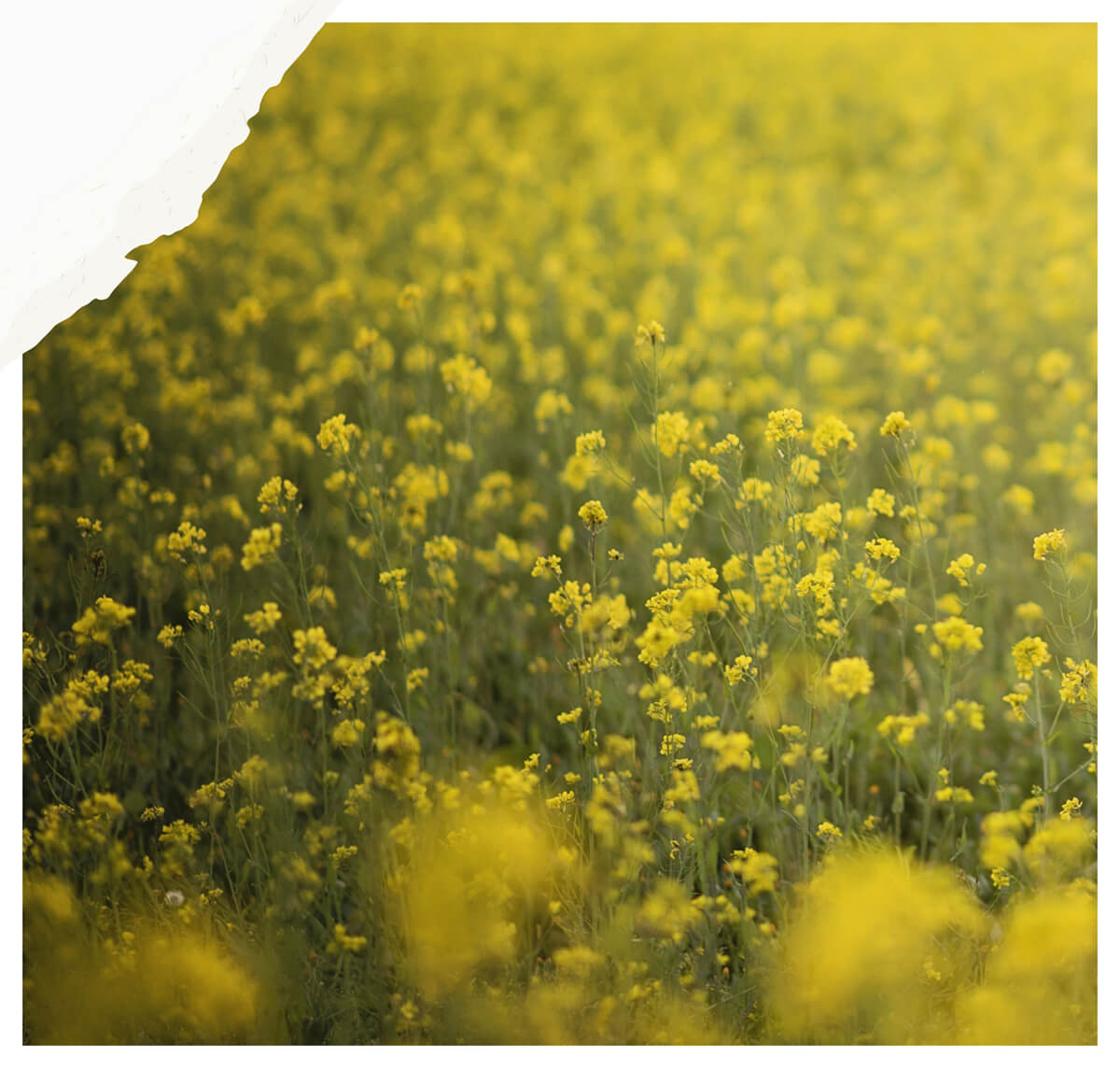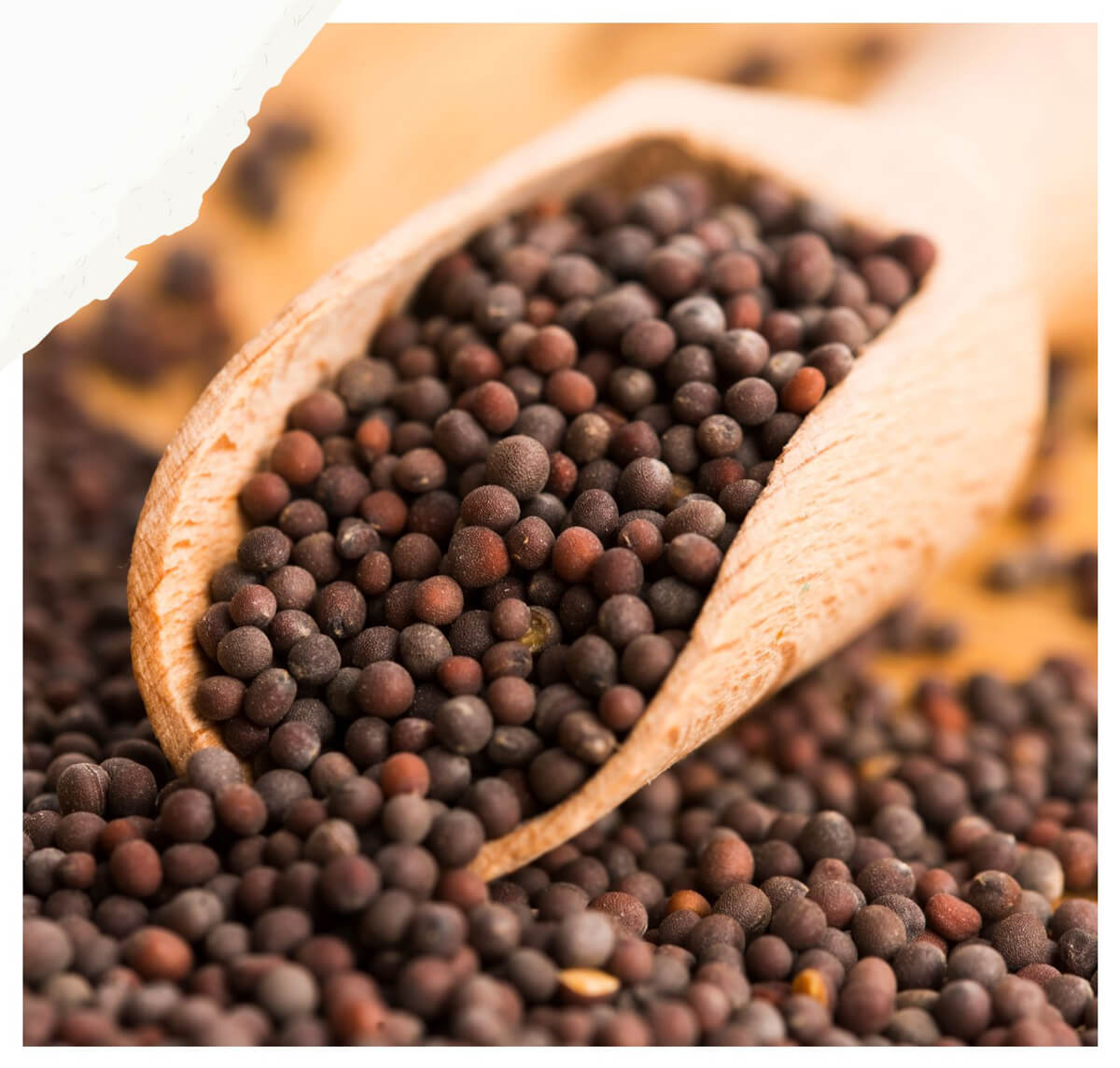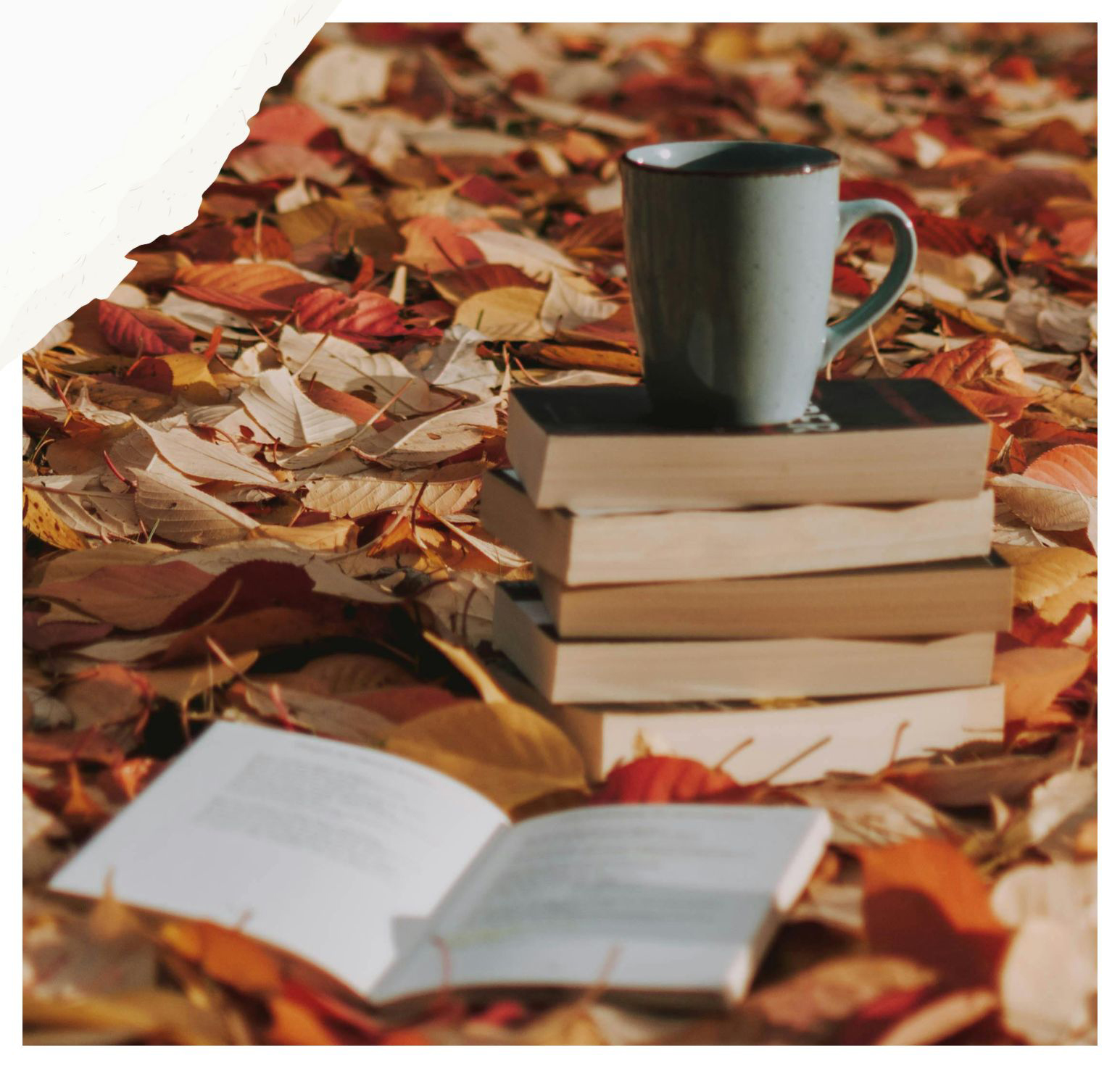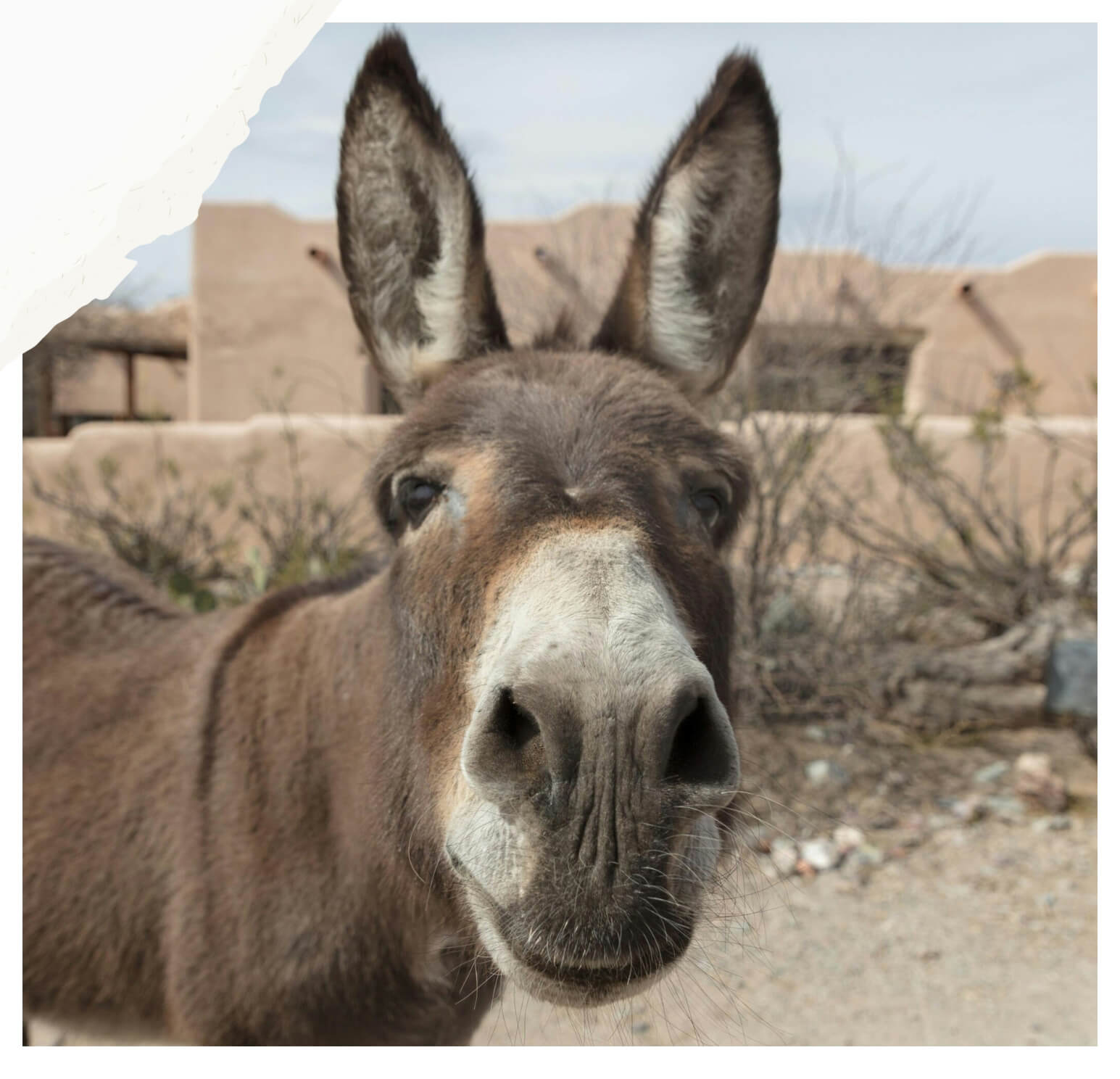Keys to Happiness

A note before I begin:
I’ve been chewing on elements of this blog post for a couple years, and the specifics have been developing over the last several weeks. Coincidentally (providentially?) I learned only after I sat down to write that Inside Out 2 is being released into theaters this week. During all the days I’ve been mulling this over, I had no idea that the timing of my post would coincide with a relevant motion picture release.
Sometimes God just laughs. Which, for this post, is apropos. Ok then. Here’s my story.
***
I am determined to be happy.
I mean, I am determined. And this is not my typical style.
Years ago, a friend and I watched the Disney movie Inside Out. Afterward, talking through the storyline, we gave each other a word. A word that captured the strongest essence that we saw in the other. The word I gave my friend was: determined.
This is not my word.
I am much more laissez-faire. And laissez-faire is a word so antithetical to the can-do style of American culture it’s not even in English. I am much more likely to roll with the waves than to chart my own course. So to say that I am determined to be happy is not a trifling statement.
The Happiness Question
Happiness is a slippery character. I’m not interested in the esoteric debates of happiness vs joy. I’m looking for the practical. I remember reading once about someone who spent painstaking hours detailing every minute characteristic of a particular bird so that he could identify it. “And after all this study,” he concluded, “I know the least interesting thing about it: its name.”
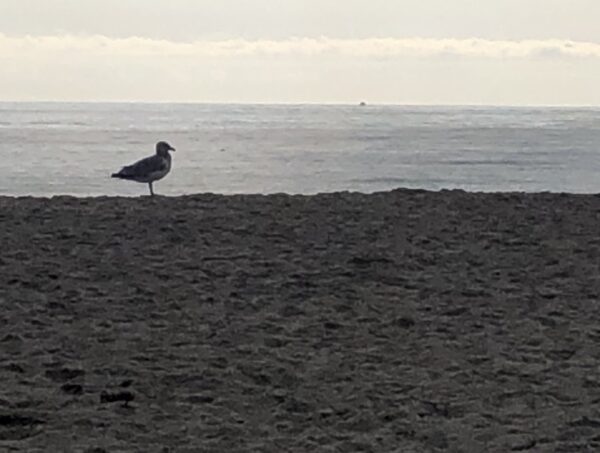
In this analogy, I’m not interested in naming the bird (happiness). I’m interested in becoming it. (This is different, I also note, than possessing it. To be happy is different than to have happiness. But that’s a tangent for another day.)
The further we go in life, the more complex happiness becomes. Happiness no longer arrives in a pure and unadulterated state. It arrives as a chimera of other emotions.
Moments so beautiful they take my breath away carry an ache of not being able to share them with loved ones who are no longer here. Activities I once loved (and still do) carry elements of loss more tangible than a presence. Scenes that should be bucolic can unexpectedly trigger emotions from past experiences that are decidedly not bucolic. (Ever have one of those where-did-that-come-from moments?)
Amidst these ponderings, I’ve been thinking a lot about the times I’ve heard someone say, “I miss my [significant relationship] every day.” The more life unfurls, the more I understand this sentiment, but I grapple with the implications.
How can you miss someone every day and still be happy? Is it even possible?
The answer, I am determined to prove, is yes.
Complex Happiness
It turns out that happiness is not the absence of sorrow. It is the presence of joy. Which means you can be both happy and sad at the same time.
This surprises no one who has ever felt it all at the same time.
In the world of bittersweet, laissez-faire serves me up to a point. After all, the more I can sit with the discomfort of the other emotions, the more I am also sitting with happiness. But too often, the happiness gets drowned out. Happiness, I am finding, is not always the buoyant and loud talking Joy from the Inside Out movie. Sometimes happiness must be coaxed quietly from the mayhem and invited into the spotlight. The question is, how do we do that?
I love pithy sayings like this one I learned as a child:
I can complain because rose bushes have thorns, or rejoice because thorn bushes have roses.
But when I’m actually in the moment, how do I make the switch from focusing on the thorns to focusing on the roses?
How to be Happy
I believe the first step is to give yourself permission to be happy. It was revolutionary to me when I first heard Joyce Meyer preach that you can enjoy your life even while God is working out your problems. The presence of a problem does not automatically dictate the absence of joy. It simply dictates the presence of a problem. It’s okay in the midst of grief and upheaval to feel happy amidst everything else.
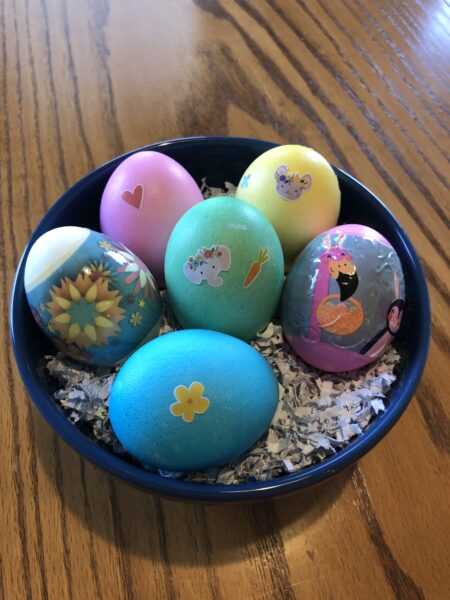
Second, don’t expect happiness to come in an unadulterated state. Happiness is still happiness, even when it’s mixed with sorrow, anger, and all the rest.
Third, I think the Pixar creators got it right. It is like talking to a bunch of little people in our heads. In that moment of battling emotions, I’m learning to say, “Hello sadness. It’s okay that you are here. You can stay. But you have to sit quietly. No, no talking. It is not your turn.”
And then, “Hello anger, jealousy, fear, _____. It’s okay that you are here, too. You can stay. But you have to sit quietly. Please be quiet now.”
Under the mayhem, starting as contentment and sometimes growing into full-fledged happiness, I see a quiet flicker take a deep breath and look around. “Me? Is it my turn?”
Happiness was there all along. Not in place of, but alongside, everything else.
In those moments of beauty and ache, enjoyment and loss, bucolic and anti-bucolic, I have to referee the flood of emotions. When I can quiet myself enough, I can see that happiness is there. And that is a start.
Simple Happiness
Of course, it’s not always a wrestling match. The other day I walked past a series of terra cotta pots arranged into the shape of a person sitting on their front step. I felt the twinkle of a smile someplace under my ribcage. Sometimes we need only to be open to the sparks of joy around us, asking God to help us notice.
There seems to be an inverse relationship between the size of the struggle I’m facing and the size of the thing that sparks joy. This should not be a surprise I suppose, because as another one of those sayings I learned as a child goes:
When it’s dark enough, you can see the stars.
The bigger and more existential the life dramas I am facing, the greater the impact of a simple and concrete terra cotta pot arrangement.
This is good news. As Ingrid Fettell Lee challenged once – what is the smallest unit of joy you can observe today? Look for the littlest flicker of joy you can find.
More to Come
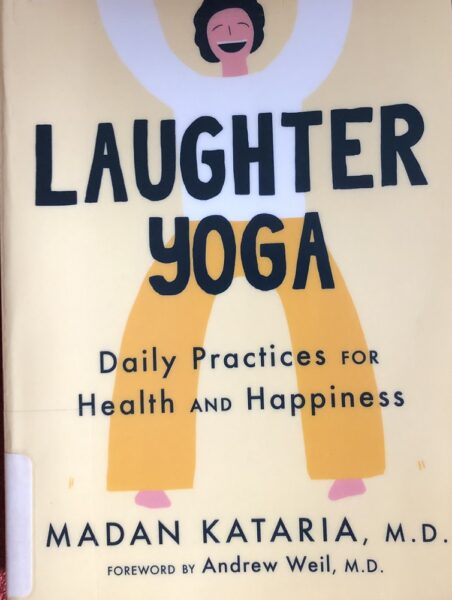
My determination does not end here. While perusing the happiness section at the local library – because where else would one go to conceive of happiness? – I picked up a book called Laughter Yoga. This could be a test of my determinism. I’ve heard of smiling to improve your mood, but laughter yoga? Am I determined enough to stand in my kitchen and laugh out loud to no one but myself and God?
If any good stories come of this (and how can they not?) I will be sure to let you know.
In the meantime, I’m going to close with a paraphrase from my still go-to book of the Bible. Because all of this, while new and interesting to me, is of no surprise to the One who made us. In God’s Word, He has already told us: There is a time for every emotion under heaven. A time to weep and a time to laugh, a time for each of them to be silent, and a time for each of them to speak (Ecclesiastes 3:1,4,7).
One of the many keys to happiness is recognizing that happiness is already here. I simply must be determined to see her.
This post was also shared at inspireafire.com.

Search the Blog
Categories
Join the email list to receive the latest post and occasional exclusives
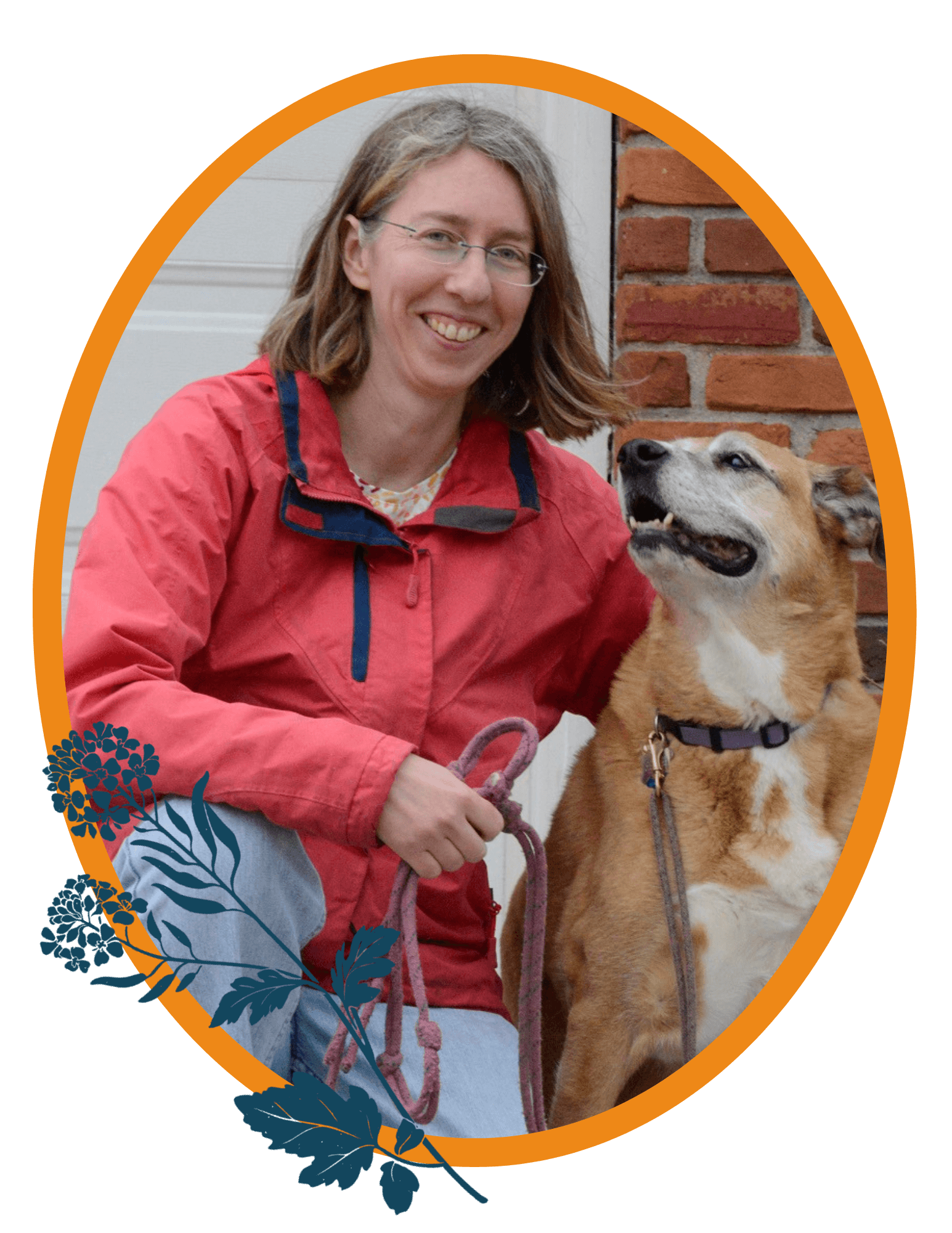

Meet Janet!
Janet Beagle, PhD is the founder of The Mustard Patch. She divides her time between the Midwest and New England, and if she’s not writing, she’s probably out hiking with her 2-and 4-footed friends.

